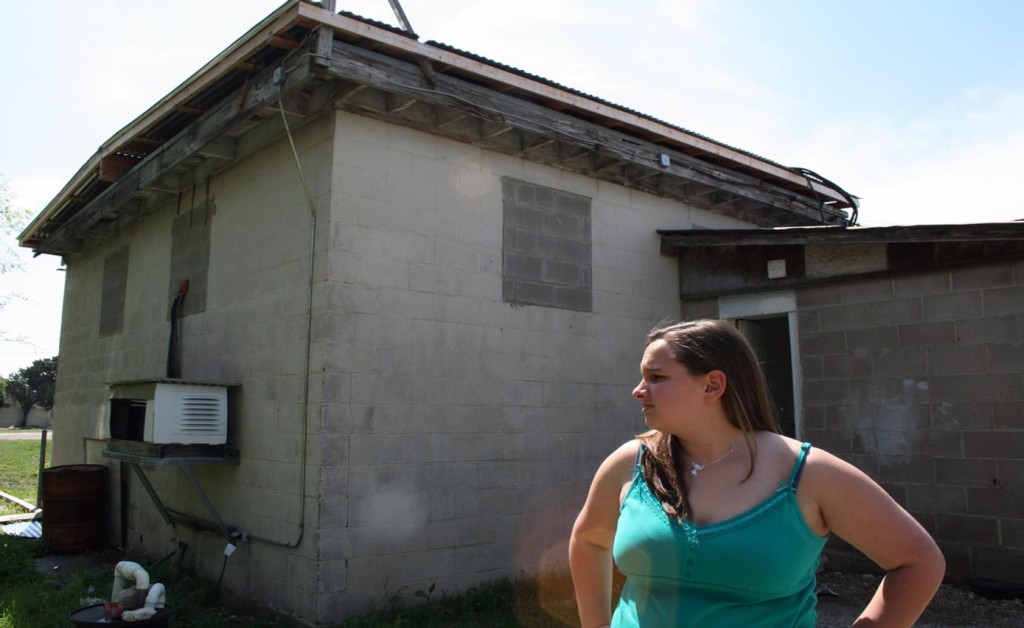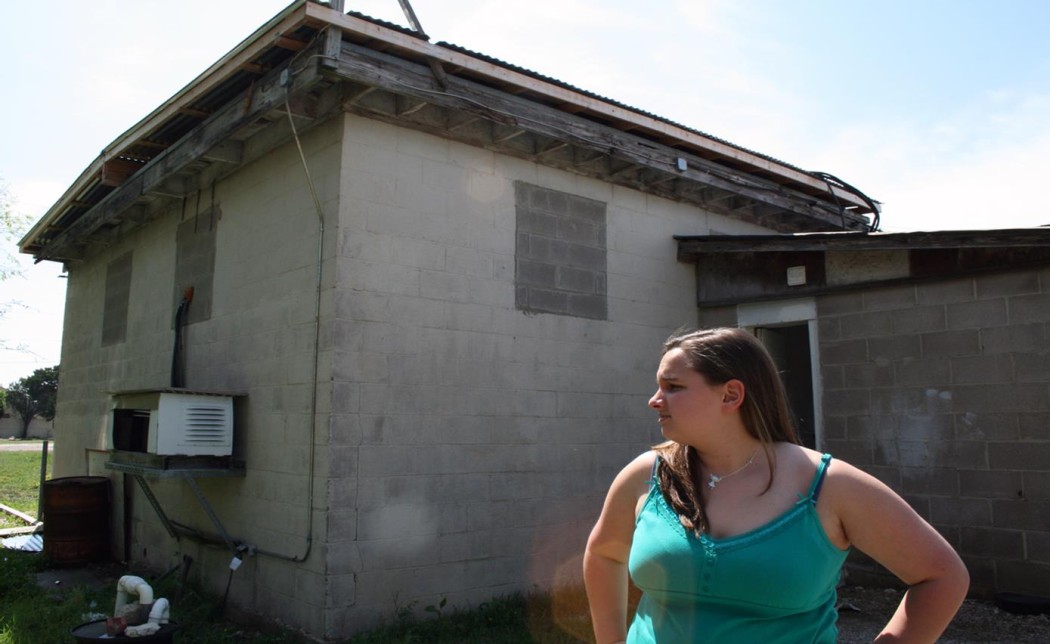>> The first data is in on a program that drug tests North Carolinians applying for public assistance, and… drum roll… only a very, very small percentage of those seeking help tested positive for drugs.
The first data is in on a program that drug tests North Carolinians applying for public assistance, and… drum roll… only a very, very small percentage of those seeking help tested positive for drugs.
A 2013 law requires drug testing for those with drug convictions or red flags on screening who are applying for Work First, North Carolina’s version of welfare. The law is just now being implemented because of funding issues.
According to >>WRAL , the Department of Health and Human Services provided data showing that out of about 7,600 cases reviewed from August to December, about 150 met the criteria to require testing. Of those 150, 21 tested positive for drugs. Another 70 missed their test appointments.
WRAL did the math. Even if all 70 that missed testing had tested positive, that would bring the grand total of welfare recipients on drugs to 91, less that 1 percent of all reviewed cases.
We are spending taxpayer money, about $5,000 over five months, to find that teeny tiny percentage. North Carolina is not alone, either. According to state data gathered by >>ThinkProgress last year, seven states with drug testing programs are spending lots of money to find very few drug users. The applicants actually test positive at a lower rate than the general population. Those states have collectively spent nearly $1 million on the effort so far.
But some legislators are still calling North Carolina’s policy a success. Why? Because the possibility of drug testing may deter some applicants. Because those who test positive are referred for treatment.
Okay, but the Department reports that the total number of welfare applicants has actually gone up since the testing began. And they’ve been referring applicants for drug treatment for years based on screening protocols.
These lawmakers still think the law is a success because it was never about saving taxpayer money or reducing drug abuse or helping families. It was about a talking point that polls well, one that sounds good on a TV ad, on a campaign flyer, or in a speech. It was about feeding a hateful stereotype that families in need of public help are lazy drug users who just want to take handouts. It is about politics that appeal to the lowest common denominator.
We treat our neighbors who are down on their luck, who can’t find work, or who are overwhelmed by bills like they are dirt. We look down on them and subject them to public scrutiny and judgment. And then we expect them to pick themselves up by their bootstraps and make a new life. That is not only unfair but it is just bad policy.
In North Carolina and in our nation, we need – and deserve – politics that uplift and lead. We need elected officials who believe in hope and opportunity. We need our leaders to care about our citizens – all of them – and help to build a better world for us.
Don’t you wish we could stop with the sound bites and the stereotypes? We could have an actual conversation about the future of our state. We could care for one another and seek real answers.
That’s real leadership.

There are no comments
Add yours